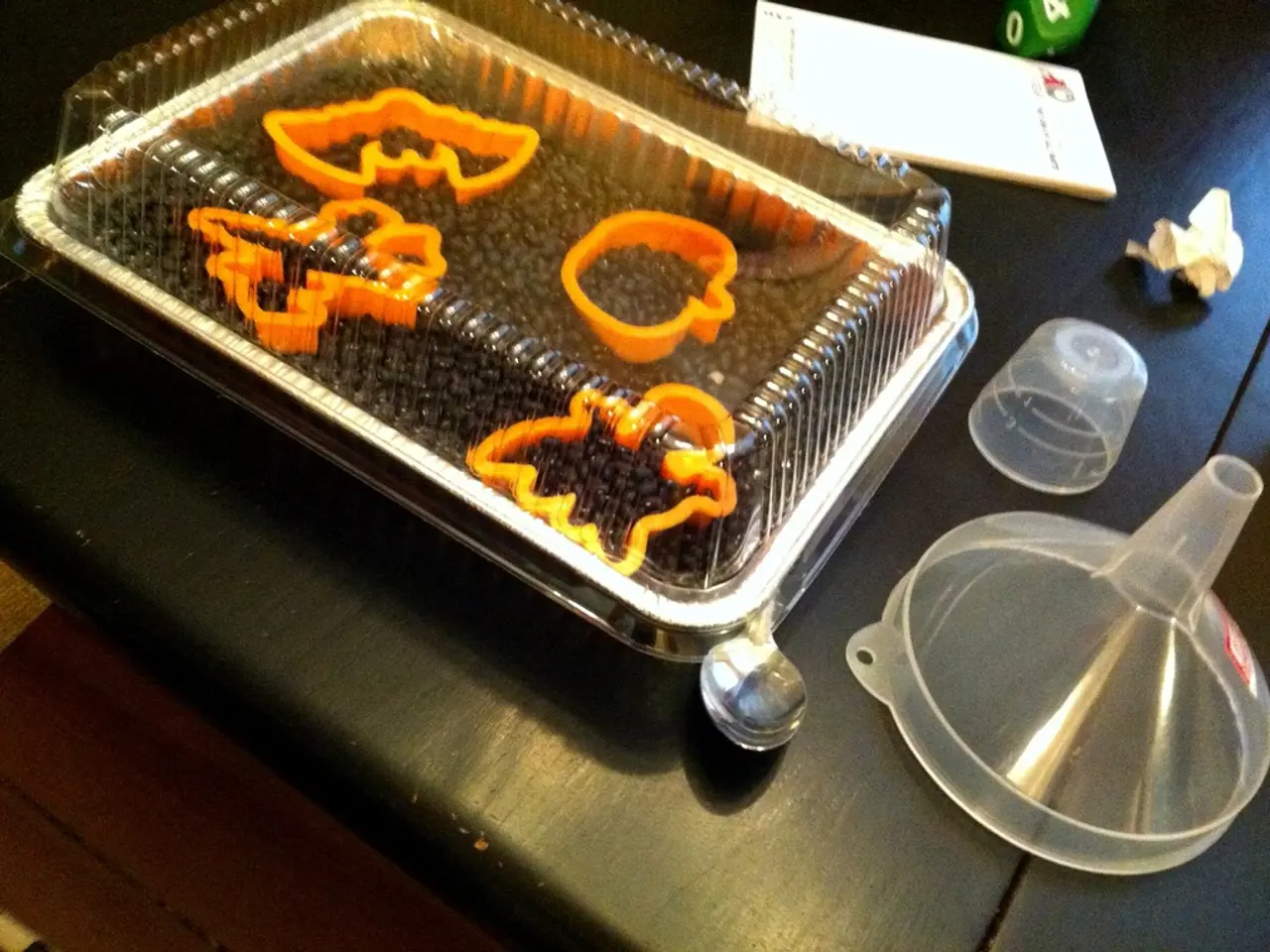Mold Exposure Symptoms, Remedies, and Precautions: Understanding Black Mold effects and how to manage and avoid them.
Black mold, often associated with the species Stachybotrys chartarum (S. chartarum), can pose significant health risks, especially in vulnerable individuals. While there is no definitive proof that black mold is deadly, it can cause a range of serious health problems beyond common allergic symptoms.
Exposure to high concentrations of mold can lead to digestive problems, such as diarrhea, vomiting, gastroesophageal reflux disease (GERD), and in severe cases, internal bleeding. The liver may also suffer due to overworking to detoxify mycotoxins, the toxic compounds produced by mold.
Skin issues are another concern. Direct contact with mold can cause rashes, dermatitis, or fungal infections of the scalp, potentially leading to hair loss.
Mold exposure has been linked to neurological and mental health effects, including memory loss in adults and learning disabilities in children. Mycotoxins can cross into the brain via the olfactory and optic nerves, triggering neuroinflammation and causing anxiety, panic attacks, depression resistant to treatment, mood swings, fears, phobias, and obsessive behaviors.
Reproductive complications are also a concern. Mold toxins can disrupt hormonal balance, making it harder for women to conceive and carry pregnancies to term.
In extreme cases, mold exposure may contribute to the development of autoimmune diseases such as multiple sclerosis, fibromyalgia, or lupus. There is also evidence suggesting a link between mold exposure and an increased risk of cancer.
Respiratory infections and immune disorders are common, particularly in people with preexisting conditions like asthma. Certain molds like Stachybotrys (black mold) can cause severe respiratory issues and immune system dysfunctions.
It's important to note that while black mold is often considered "toxic," there is no conclusive evidence that it is more dangerous than any other type of mold exposure. However, it can cause allergy symptoms and more serious complications in people with underlying health conditions.
When cleaning mold, it is crucial to use proper safety equipment, such as rubber boots, rubber gloves, and goggles. If there is extensive mold growth or allergic reactions during cleaning, it is advisable to contact a professional.
Preventing mold growth is key to avoiding these health risks. This involves monitoring the humidity level in the home, regularly inspecting the building for signs of water damage and mold, and using a dehumidifier if necessary. Regular cleaning of the bathroom, improved ventilation through the use of exhaust fans or open windows, and the installation of air conditioners with high-efficiency particulate air filters can also help.
Individuals with allergies or sensitivities to mold spores may experience symptoms such as congestion, red eyes, respiratory problems, and skin rashes. To prevent or reduce these symptoms, it's recommended to close windows at night if it's cold outside, wear a dust mask while gardening, stay indoors after a rainstorm, in damp weather, and at other times when the mold count is high.
Anyone with concerns about the effects of mold on their health should speak with a doctor. A doctor may diagnose a mold allergy through a person's symptoms, medical and family histories, and tests like skin prick tests and blood tests. For those with weakened immune systems, such as those with HIV, transplant patients, or people undergoing cancer treatment, the risk of fungal infections from mold is increased.
In conclusion, while there is no definitive proof that black mold is deadly, it can cause a range of serious health problems. It's essential to take steps to prevent mold growth and seek medical advice if symptoms are present.
- In certain cases, Black mold exposure can lead to digestive problems like diarrhea, vomiting, GERD, and internal bleeding in severe scenarios.
- Beyond common allergic symptoms, high concentrations of mold can also result in skin issues such as rashes, dermatitis, and scalp fungal infections potentially causing hair loss.
- Neurological and mental health effects are linked to mold exposure, including memory loss in adults and learning disabilities in children.
- Mycotoxins from mold can trigger neuroinflammation, causing issues like anxiety, panic attacks, depression resistant to treatment, mood swings, fears, phobias, and obsessive behaviors.
- Reproductive complications can arise due to disrupted hormonal balance from mold toxins, making it harder for women to conceive and carry pregnancies to term.
- In extreme cases, mold exposure may lead to the development of autoimmune diseases like multiple sclerosis, fibromyalgia, or lupus, and an increased risk of cancer.
- Respiratory infections and immune disorders, particularly in people with preexisting conditions like asthma, are common due to mold exposure.
- While black mold is often considered "toxic," it's not more dangerous than other types of mold exposure but can cause allergy symptoms and more serious complications in people with underlying health conditions.
- Proper safety equipment, such as rubber boots, gloves, and goggles, should be used when cleaning mold, and a professional may be needed in cases of extensive growth or allergic reactions.
- Preventing mold growth is crucial to avoid health risks; this involves monitoring humidity levels, inspecting buildings for signs of water damage and mold, and using dehumidifiers.
- Regular cleaning of bathrooms, improved ventilation, and the installation of air conditioners with high-efficiency particulate air filters can help prevent mold growth.
- Individuals with allergies or sensitivities to mold spores may experience symptoms like congestion, red eyes, respiratory problems, and skin rashes; wearing a dust mask while gardening, closing windows at night, staying indoors after a rainstorm, and during damp weather can help.
- Anyone concerned about the effects of mold on their health should consult a doctor for proper diagnosis and treatment, especially those with weakened immune systems.




